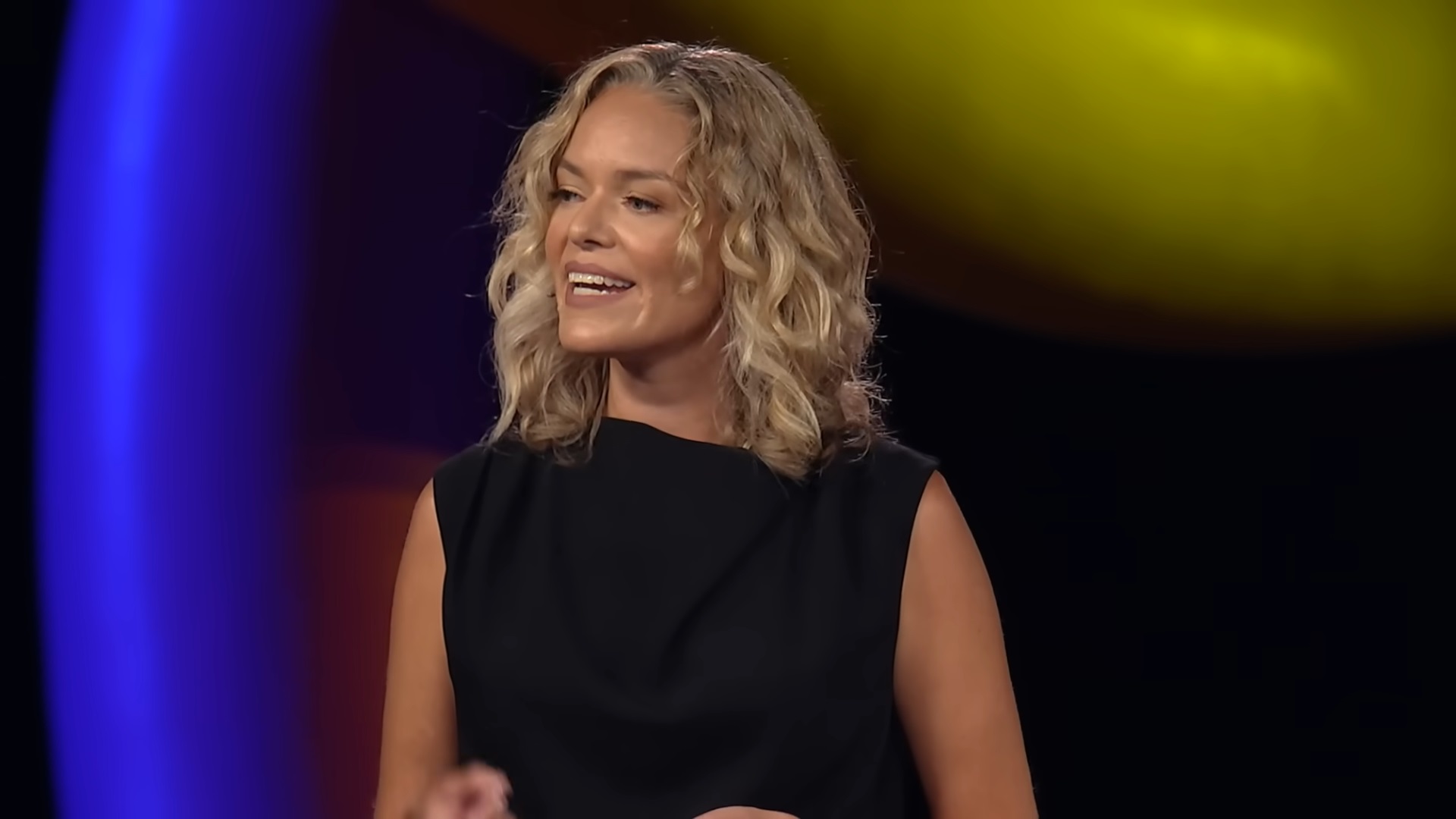
Katherine Maher, a former CEO of the Wikimedia Foundation once called the truth a “distraction” possibly giving some insight into the philosophy of Wikipedia.
Ms. Maher’s statements were made during a TED Talk titled “What Wikipedia Teaches Us About Balancing Truth and Beliefs” where she addressed a crowd about her experiences working with the online encyclopedia.
During her time with the Wikimedia Foundation, Maher faced what she called “A global crisis of fake news and disinformation”, particularly in the context of the 2020 presidential election and the COVID-19 pandemic.
While disinformation is a valid concern, especially on an open platform like Wikipedia, critics are latching onto statements she makes later in the TED talk (around the 3:15 mark). In particular, she says:
“That perhaps, for our most tricky disagreements, seeking the truth, and seeking to convince others of the truth, might not be the right place to start. In fact, our reverence for the truth might be a distraction that’s getting in the way of finding common ground and getting things done.”
Shortly after Maher elaborates that she doesn’t mean to say the truth “doesn’t exist” or “isn’t important”. Her statements seem to be more about the difficulties of collaboration on Wikipedia, and how our lived experiences can color our perception and assumptions. While this kind of mental flexibility might help in coordinating a diverse group of Wikipedia editors, these statements have come back now that she’s entered a new role as CEO of NPR (National Public Radio).
Maher’s statements about the truth while working for Wikipedia has made critics skeptical of her commitment to honest journalism in her new role at NPR. In fact, recently an editor was punished for an article which calls out NPR’s perceived bias, but the editor himself claims he was only punished for breaking NPR’s union rules about outside work rather than the content of his article.
This is Niche Gamer Tech. In this column, we regularly cover tech and things related to the tech industry.